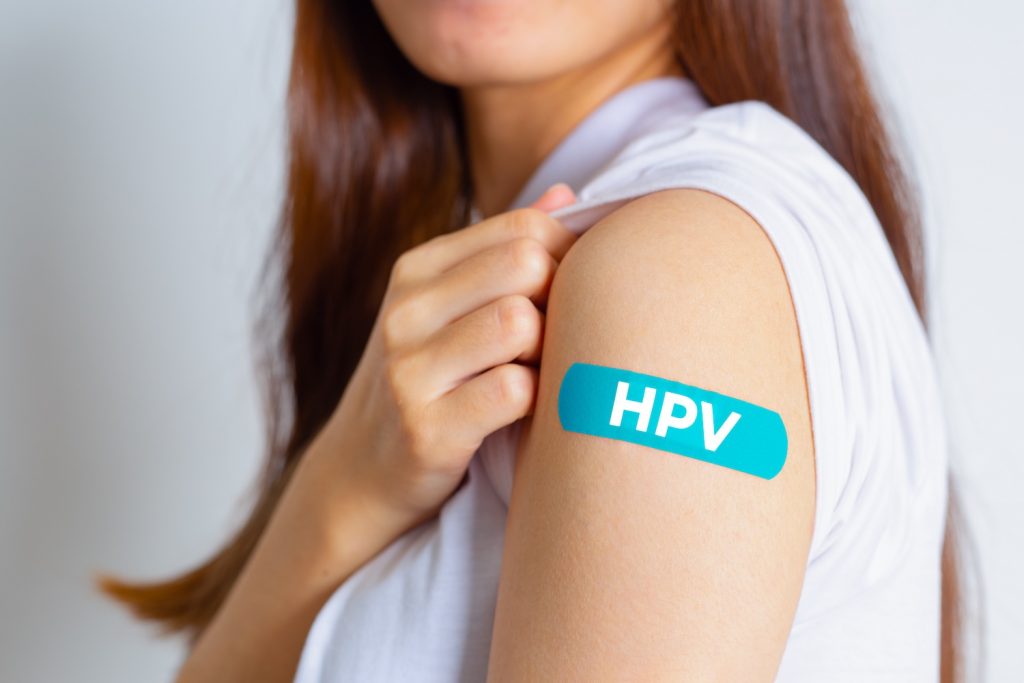It’s been nearly two decades since the Centers for Disease Control and Prevention first recommended that Americans, particularly young people, get vaccinated against human papillomavirus, or HPV. In just 18 years, infections that cause most HPV cancers and genital warts have dropped by more than 80% among teen girls and young adult women—proof that choosing to get the HPV vaccine could literally save your life.
In recognition of National HPV Awareness Day on Tuesday, March 4, we spoke to Campus Health Services Medical Director Sandra L. Smith about what HPV is and why health professionals encourage all young patients to join the 135 million other Americans who have already been vaccinated against it.
What is human papillomavirus?
HPV is a group of viruses that can infect various parts of the body. It is commonly spread through sexual activity. There are many different types of HPV; some types cause warts, while other types can cause more serious health issues such as cervical cancer or throat cancer.
How common is HPV?
HPV is very common. Most people will be exposed to it at some point, and most infections resolve on their own without causing any problems. However, sometimes HPV infections last longer and pose a more serious concern.
What are the more serious conditions that HPV can lead to?
HPV can lead to cervical cancer in women and throat or anal cancer in men and women. It is important to note, though, that not everyone with HPV develops these serious conditions.
How does HPV vaccination work, and who should get vaccinated?
The vaccine is typically given in two or three doses, and it is covered by most insurance policies up until age 26. The HPV vaccine isn’t just recommended for girls and women; it’s also recommended for boys and men.
Why should young people in particular consider getting the vaccine?
Getting vaccinated against HPV is key for young people because it provides protection against the virus and lowers the risk of developing related cancers later in life. Ideally, the vaccine is given before people become sexually active because it is most effective when given before exposure to the virus.
How do we know the HPV vaccine works?
According to data from the CDC, HPV infections and cervical precancers (abnormal cells on the cervix that can lead to cancer) have dropped dramatically since 2006, when HPV vaccines were first used in the United States. Infections with HPV types that cause most HPV cancers and genital warts have dropped 88% in teen girls and 81% in young adult women. Among all vaccinated women, cervical precancers caused by HPV and most often linked to cervical cancer have dropped by 40%. It is estimated that the vaccine has saved thousands of lives. It’s a preventative measure to promote long-term health for everyone.
Jill Kimball | NAU Communications
(928) 523-2282 | jill.kimball@nau.edu




